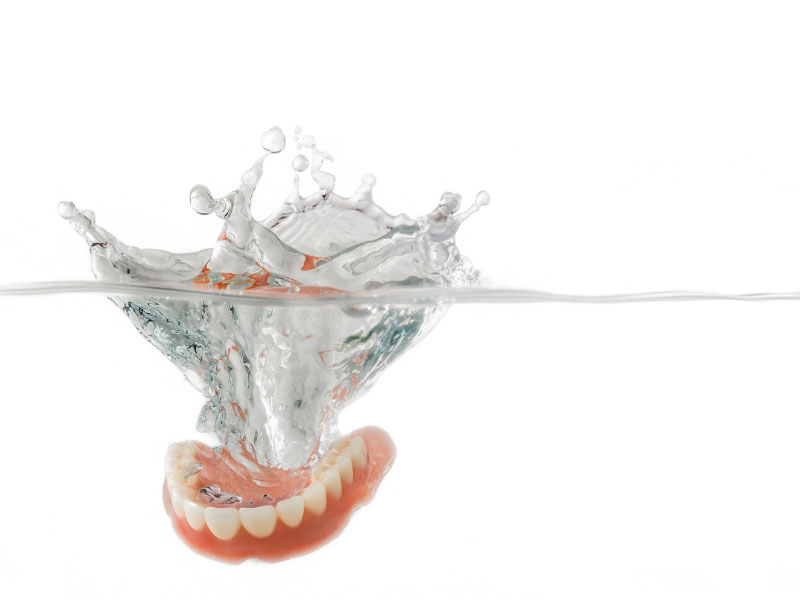The Role of Dentures in Modern Dental Restoration
When you lose your teeth, you lose more than just the ability to chew. Tooth loss affects speech, appearance, and self-perception. It changes how people enjoy food, how they talk, and how they smile. Dentures, once considered a last resort, have evolved with technology, esthetics, and medicine to restore harmony, dignity, and function.
Understanding Why Teeth Are Lost—and Why That Matters
Tooth loss is often gradual, caused by factors such as:
- Chronic gum disease (periodontitis)
- Deep, untreated decay
- Accidents or trauma
- Congenital conditions
Bone loss follows missing teeth, altering facial structure, shifting remaining teeth, and destabilizing the bite. Prosthodontic treatment seeks not just to replace teeth but to preserve structure, restore function, and protect remaining teeth.
Rethinking What a Denture Can Be
Modern dentures come in multiple forms:
- Full dentures: Replace all teeth in an arch, designed for occlusion and harmony.
- Partial dentures: Fill spaces between remaining teeth, preserving alignment and function.
- Implant-supported dentures: Fixed or removable dentures anchored to titanium posts for superior stability and natural function.
Whether removable or fixed, modern dentures improve comfort, prevent slipping, and restore confidence in eating and speaking.
The Process, Behind the Scenes
Creating a denture is a detailed process:
- Impressions capture jaw anatomy
- Measurements record upper and lower arch relationships
- Photographs preserve esthetic details (lip position, smile arc)
- Trial dentures in wax allow adjustments for appearance, bite, and phonetics
- Final dentures are fabricated with high-strength materials for durability and realism
Implant-supported dentures involve surgical planning, 3D bone assessment, and sometimes immediate loading for same-day provisional teeth.
Why Dentures Matter More Than Ever
Modern dentures restore:
- Chewing function without favoring one side
- Stable, confident speech
- Facial aesthetics and bite height
- Bone preservation (with implant-supported options)
The benefits extend beyond looks and function—they restore comfort, oral equilibrium, and confidence.
What to Expect—And What to Commit To
Dentures require:
- Adaptation and a learning period for speech and chewing
- Regular maintenance and professional follow-ups
- Adjustments over time to accommodate oral changes
With proper care, guidance, and patience, dentures provide lasting results and improve quality of life.
A Restoration Not Just of Teeth, But of Identity
Teeth shape how we speak, eat, and present ourselves. Dentures restore more than a smile—they restore comfort, confidence, and self-perception. For those considering their options, the first step is conversation. To speak with a prosthodontist who understands both the science and experience of tooth loss, call 509‑796‑0885 to schedule a consultation.



